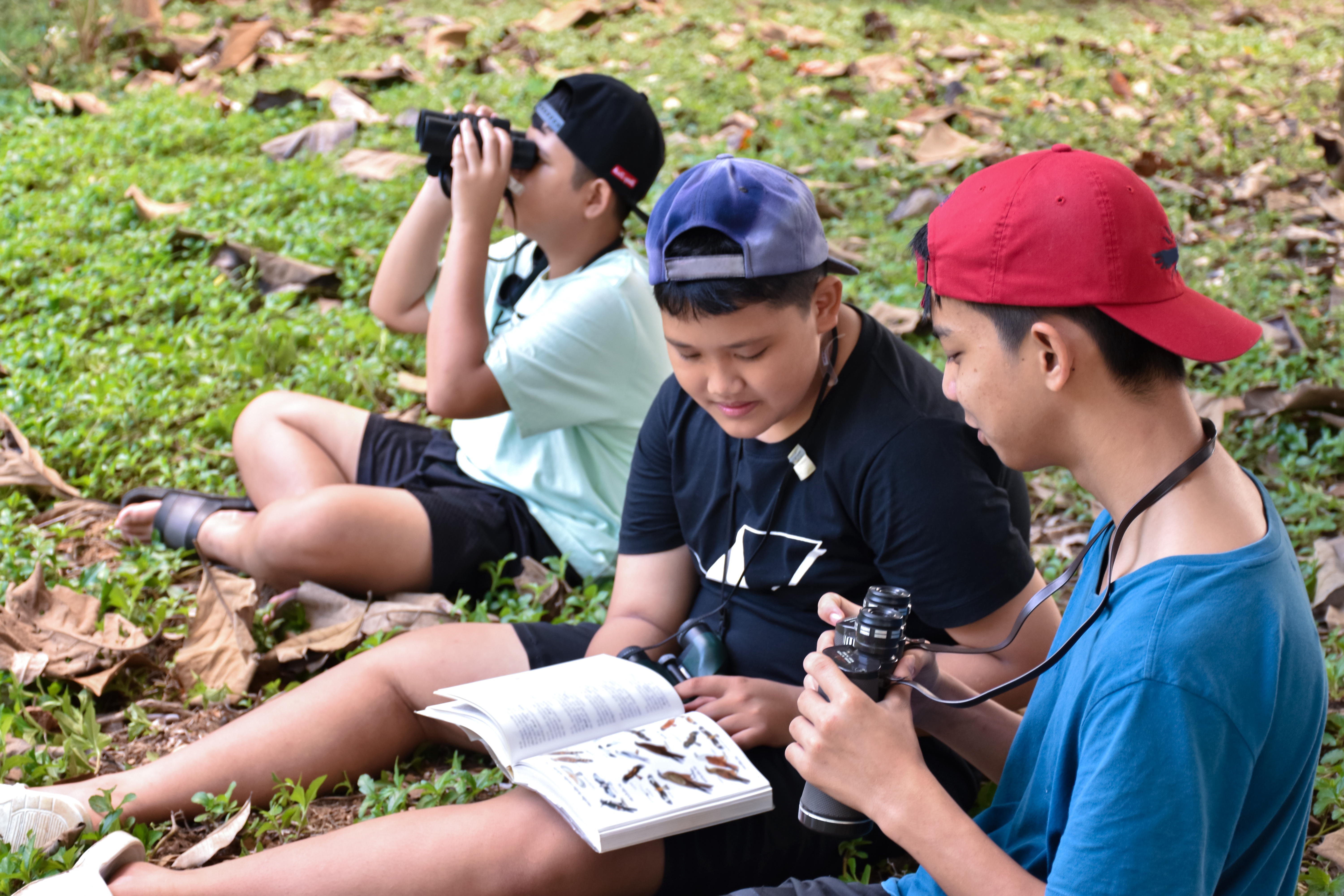Introduction
Birds play a vital role in the environment by helping with pollination, controlling pests, and spreading seeds. However, many species face threats due to habitat loss, climate change, and introduced predators. In this activity, Scouts will engage in a 20-minute bird count, contributing real-world data to BirdLife Australia. This information helps scientists track bird populations and make conservation decisions.
What you'll need
- Bird guides (books, apps, or online resources)
- Binoculars (if available)
- Notebook and pens/pencils
- Smartphone or computer to submit results via the Birdata platform
- Timer (optional)
Before you begin
- Discuss why birds are important in nature
- Consider threats birds face and how this activity can help conservation efforts
- Choose a suitable location for the count (Scout Hall, local park, or reserve)
- Decide whether the Unit will survey together or split into Patrols
Activity
- Prepare for the survey
- Sign up for the Birdata platform at birdata.birdlife.org.au
- Select “Record Survey” and choose the “Birds in Backyards” program
- Choose a survey location (Scout hall, park, backyard, etc.)
- Set a timer for 20 minutes
- Conduct the bird count
- Watch carefully and record each bird species you see
- Take note of their behaviour – are they flying, eating, perched, or interacting?
- If unsure about a species, use a bird guide or app to identify it
- Count how many of each species you see
- Submit results
- Enter all findings into the Birdata website or app
- Ensure all details are recorded accurately
- Review and discuss findings
- Compare results with other Patrols
- Identify common and rare birds
- Discuss what factors might affect bird populations in different areas
Change the challenge level
This activity is suitable for Scouts of all levels, from Joey Scouts to Rovers. It encourages observation, environmental awareness, and citizen science. Leaders can adjust the complexity by incorporating identification challenges or comparing results over multiple seasons.
Reflection
- What birds did you see? Were they different from what you expected?
- Did you spot more native or introduced species?
- Where did the birds spend most of their time?
- How might the results change at different times of day or year?
- What could be done to make the area more bird-friendly?
- What challenges did you face, and how could you improve the count next time?



